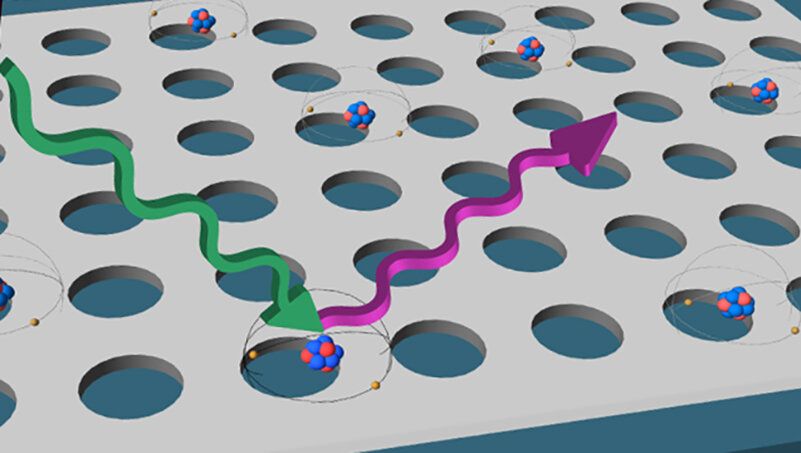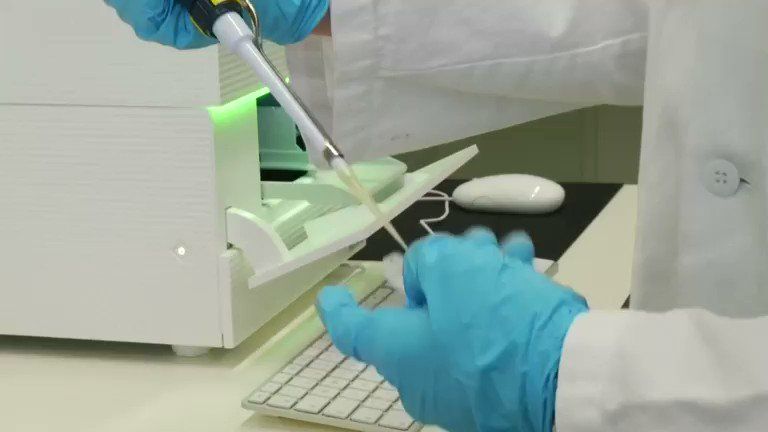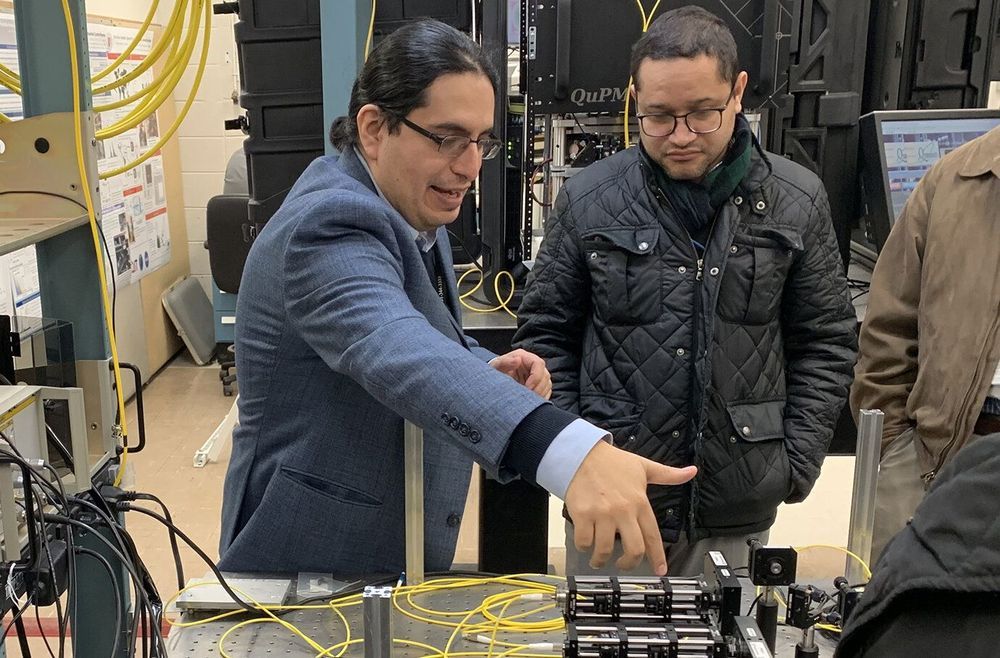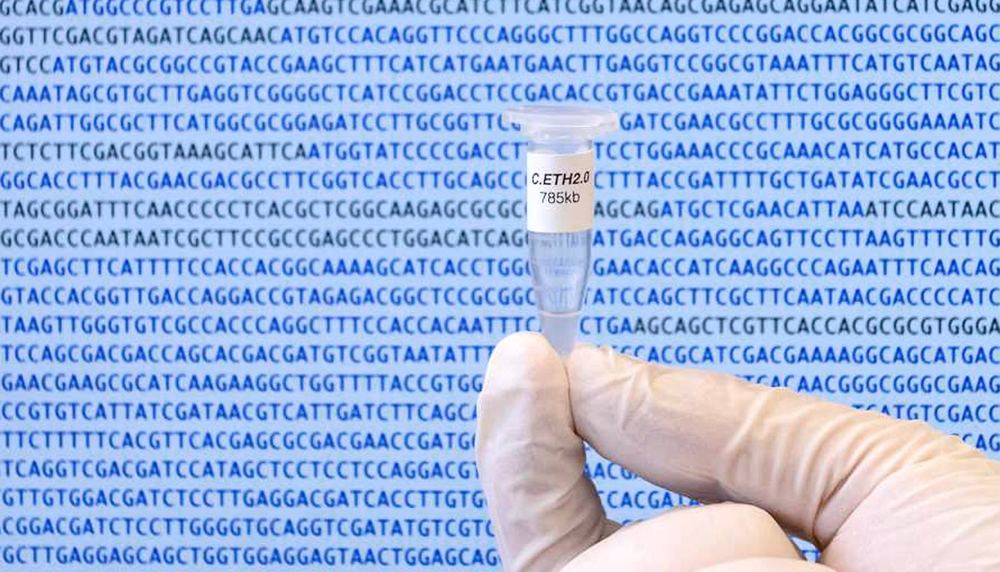In the 2018 movie Avengers: Infinity War, a scene featured Dr. Strange looking into 14 million possible futures to search for a single timeline in which the heroes would be victorious. Perhaps he would have had an easier time with help from a quantum computer. A team of researchers from Nanyang Technological University, Singapore (NTU Singapore) and Griffith University in Australia have constructed a prototype quantum device that can generate all possible futures in a simultaneous quantum superposition.
“When we think about the future, we are confronted by a vast array of possibilities,” explains Assistant Professor Mile Gu of NTU Singapore, who led development of the quantum algorithm that underpins the prototype “These possibilities grow exponentially as we go deeper into the future. For instance, even if we have only two possibilities to choose from each minute, in less than half an hour there are 14 million possible futures. In less than a day, the number exceeds the number of atoms in the universe.” What he and his research group realised, however, was that a quantum computer can examine all possible futures by placing them in a quantum superposition – similar to Schrödinger’s famous cat, which is simultaneously alive and dead.
To realise this scheme, they joined forces with the experimental group led by Professor Geoff Pryde at Griffith University. Together, the team implemented a specially devised photonic quantum information processor in which the potential future outcomes of a decision process are represented by the locations of photons – quantum particles of light. They then demonstrated that the state of the quantum device was a superposition of multiple potential futures, weighted by their probability of occurrence.
Read more








